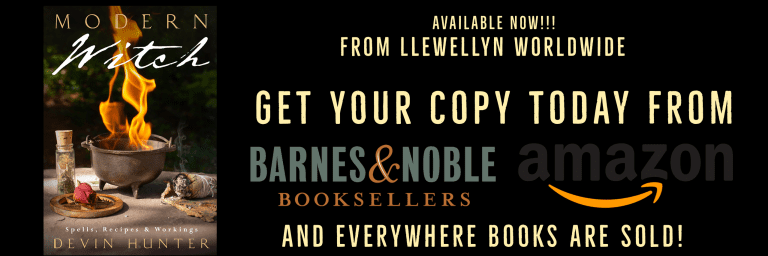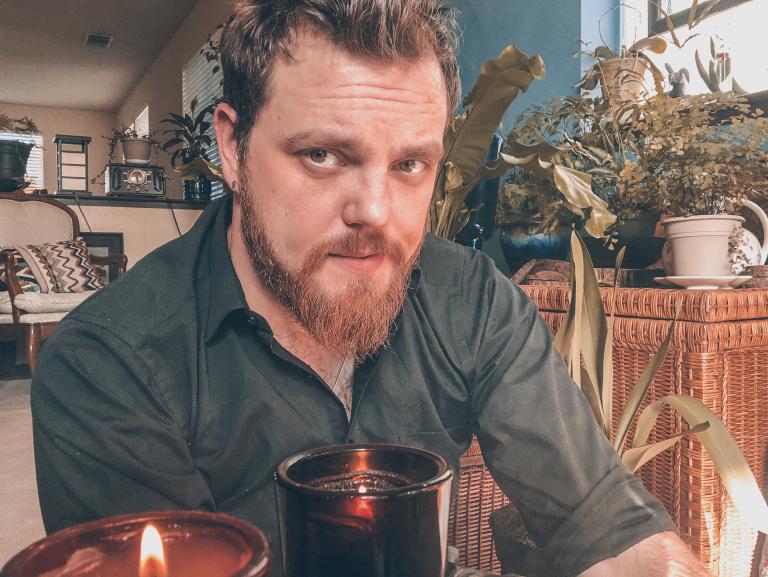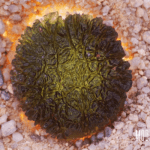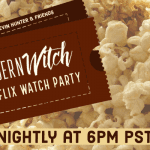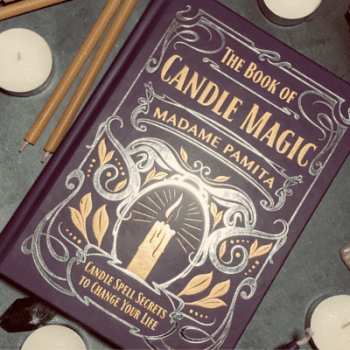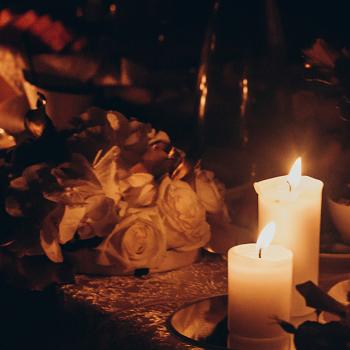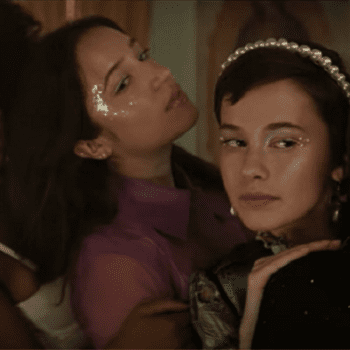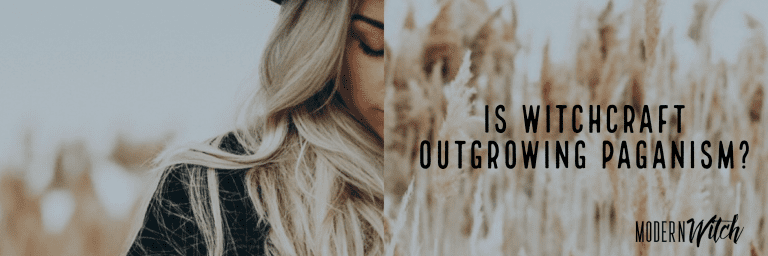
I came into witchcraft in the late 90’s and at that time there was little that distinguished a witch from a pagan and many of us used both terms fluidly to describe our spiritual views. Generally speaking, we were all worshiping gods and performing rites that already made us outsiders, so when we did find one another, we spent more time focusing on our similarities and less time focusing on the divide. We all assumed it would be like that forever, but times have changed.
As I grew into my craft, I noticed that my leanings started to diverge from most of my pagan friends. My practices became more focused on nonreligious witchcraft, mediumship, and folk magic. My pagan friends on the other hand, became more interested in reinvigorating lost religions/traditions and living off the land. While I was finding my way as a magical person in secular society, many of my friends pulled away and became more insulated from it. We have all mostly stayed close but the differences in approach and fundamental values couldn’t be more pronounced. Honestly, aside from a shared love of the planet and belief in magic and animism; there isn’t much that connects us across the aisle these days.
In the latest episode of the Modern Witch Podcast, I interview John Beckett, proud pagan and author, about how he sees the growing divide between witchcraft and paganism.
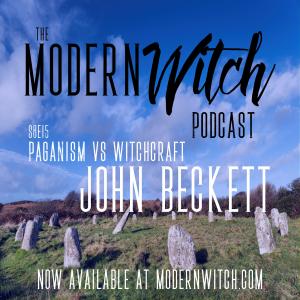 “If you drew circles for the witchcraft community and the pagan community, yes there would be a bit of overlap. The witchcraft community, as I see it, is orders of magnitude larger.” Beckett says. “In the pagan community there is at least the assumption that there is a religious nature to it, a religious component to it. I frequently don’t see that in witchcraft.”
“If you drew circles for the witchcraft community and the pagan community, yes there would be a bit of overlap. The witchcraft community, as I see it, is orders of magnitude larger.” Beckett says. “In the pagan community there is at least the assumption that there is a religious nature to it, a religious component to it. I frequently don’t see that in witchcraft.”
He isn’t wrong. Like most witches I know, I fall under this category. Since 1991 the number of Americans who claim to be “non-religious” has risen 266% according to The Washington Post. Perhaps the most comforting thing about witchcraft to me is that it doesn’t require practitioners to belong to a single religion. You can be a member of any religion and practice witchcraft. While there are those who do practice a religious form of the craft, that isn’t the norm.
“What I see as a pagan is that people identify as witches for lots of different reasons. Some of them want to do spells and learn magic, and some of them want to be Wiccan witches and worship the gods of Wicca, and a lot of them are young women trying to claim their power and I am all for that. I don’t think what they are doing is witchcraft, but you know, witchcraft is a lot bigger than people dressing in black, wearing crystals and all that sort of stuff. Witchcraft will be just fine. I think that is what I see as a cultural observer.” Beckett says.
But what about “Big Tent Paganism?” I wondered. Is paganism still thought of as a term that encompasses neo-paganism and modern witchcraft?
“Ten years ago, I thought the pagan community was starting to come together. That we were starting to build some institutions. In my dream in all of this was that paganism would be a religious umbrella. And within that would be wiccans, and druids, and Kemetics, and Celtic reconstructionists, and heathens and all of these different subgroups that would be doing their own things intensely, but are working together under the big tent of paganism. That is not happening.” Beckett Says. “We’ve grown more apart than we have grown together. I now think that the whole pagan movement is going even deeper into a speciation phase where we have many different varieties of paganism, different groups, different traditions, different emphasis, and different culture. None of them are very big and most of them aren’t going to last a couple of years and very few won’t last longer than their founders. Over time, the two, or three, or four, or eight traditions that are really strong will survive and start to grow and the rest of them are going to die off. But there is going to be a lot more coming and going, a lot more things being born and dying off, before the pagan movement starts to figure out what it wants to be for the really long term.”
Add to this that with the advent of the internet, information is easier to find and people seeking witchcraft (or other witches) no longer need to go through the same channels many of us did in the 80’s and 90’s, bypassing exposure to paganism sometimes altogether. Witchcraft has always found a comfortable bedfellow with paganism, but as John Beckett pointed out; witchcraft is a far bigger beast than paganism. Witchcraft is growing fast and unlike many of us who came to the craft decades ago, not all witches are developing their craft under the influence of paganism.
I don’t think that witchcraft is outgrowing paganism. I think witchcraft has always had a life outside of paganism and we are only just now recognizing that in the larger discussion. To hear my interview with John Beckett and get the rest of his thoughts on the subject, check out the latest episode of the Modern Witch Podcast.

